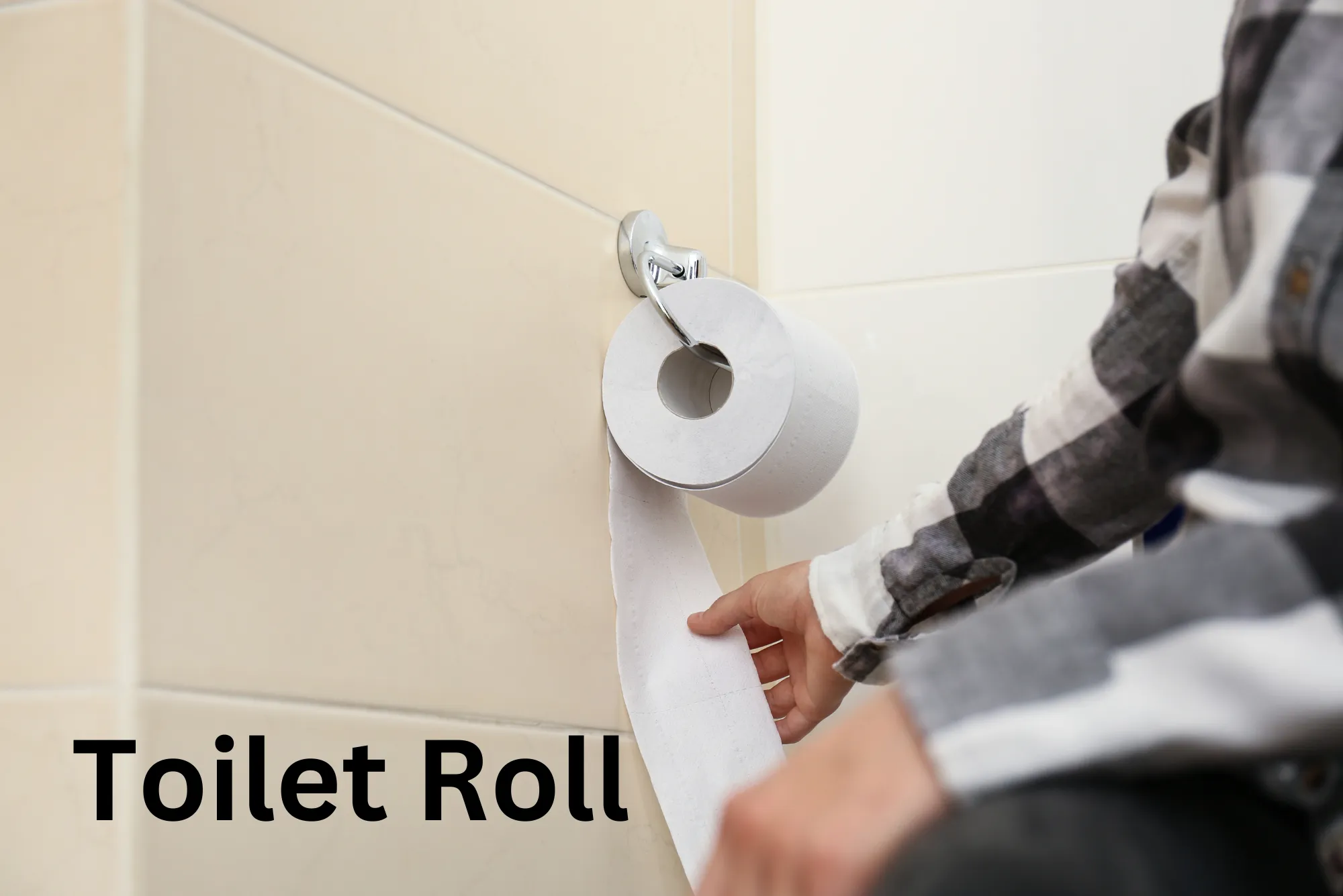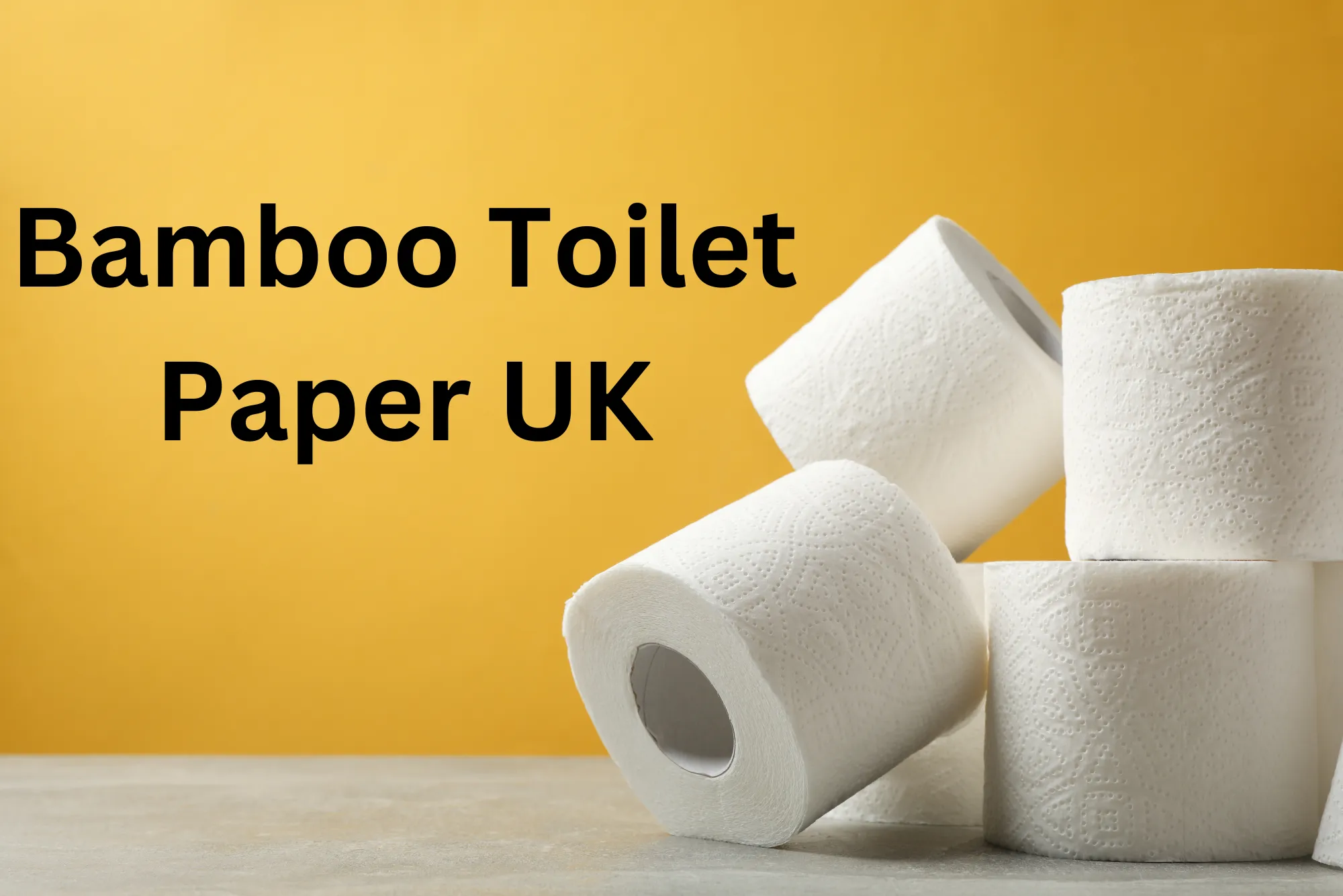As more people shift toward environmentally conscious choices, the question of whether bamboo toilet paper UK is genuinely eco-friendly has become more relevant. The bathroom, where conventional toilet roll usage remains high, is an area often overlooked when it comes to sustainable choices.
This article will dive into the characteristics of bamboo as a raw material, compare it to other toilet paper options, explore its environmental impact, and provide insights into whether bamboo toilet paper can contribute positively to the environment in the UK.
Understanding Bamboo Toilet Paper: A Natural Alternative
What is Bamboo Toilet Paper?
Bamboo toilet paper is made from the pulp of bamboo grass rather than traditional wood sources. Known for its rapid growth and regenerative properties, bamboo can be harvested sustainably, without the need to replant. This characteristic is what sets it apart from hardwoods and softwoods, which can take decades to regenerate once harvested.
Unlike conventional paper made from trees, bamboo toilet paper involves a different manufacturing process, tailored to take advantage of bamboo’s unique fiber structure. It’s soft, durable, and highly absorbent, making it an increasingly popular option among consumers seeking alternatives to traditional toilet roll.
Environmental Characteristics of Bamboo
One of the most compelling aspects of bamboo is its sustainability. It’s considered one of the fastest-growing plants in the world, with some species growing up to 91 cm (3 feet) in just a day. The plant requires minimal water and no pesticides or fertilizers for cultivation, which reduces the environmental strain commonly associated with other forms of agriculture.
Bamboo’s deep root system helps prevent soil erosion, and as it grows, it absorbs a high level of CO2, which helps to mitigate climate change. These qualities make bamboo an exceptionally renewable resource for producing products like bamboo toilet paper UK.
Comparing Bamboo Toilet Paper to Conventional Toilet Paper
Environmental Impact of Tree-Based Toilet Paper
Traditional toilet paper production in the UK and worldwide primarily relies on tree pulp, which poses significant environmental concerns. Tree-based paper production contributes to deforestation, resulting in biodiversity loss and impacting global carbon levels. In the UK alone, it’s estimated that millions of trees are felled every year to meet the demand for toilet paper. This reliance on trees for toilet roll is particularly damaging given that trees take decades to reach maturity.
Furthermore, the production of tree-based paper products typically requires high levels of water and chemical usage, including bleach, to achieve the desired softness and whiteness. This process not only contributes to water pollution but also increases the carbon footprint of conventional toilet paper production.
How Does Bamboo Compare Environmentally?
The environmental footprint of bamboo toilet paper is comparatively smaller. Bamboo’s rapid regrowth rate, minimal water requirements, and natural pest resistance reduce the overall impact of its production. Unlike tree-based toilet paper, bamboo does not require replanting once harvested, making it a continuously renewable resource.
Bamboo toilet paper production still involves processing and bleaching, but companies are increasingly adopting eco-friendly and chemical-free methods, further reducing the carbon footprint. Many brands use an unbleached or lightly bleached process to ensure the final product is soft and safe for use without contributing as heavily to chemical pollution.
Production Process: What Sets Bamboo Apart?
The Eco-Friendly Aspects of Bamboo Pulp Processing
The process of converting bamboo stalks into usable paper is known as pulping. For bamboo toilet paper UK, pulping involves breaking down the bamboo into a pulp, which can then be processed into thin sheets. Although this process requires energy, it’s less intensive than tree pulp processing. Additionally, bamboo’s shorter fibers make it easier to break down, using less energy overall.
Brands producing bamboo toilet paper often use more sustainable energy sources and recycle water during production. Many bamboo toilet papers are also packaged in recycled or compostable materials, aligning with environmentally friendly goals. These practices help reduce the energy and resources needed throughout the production chain, making bamboo toilet paper more sustainable than conventional options.
Carbon Emissions in Bamboo Toilet Paper Production
Bamboo’s high carbon-sequestering ability makes it a climate-friendly material. By absorbing CO2 more efficiently than trees, bamboo helps to offset its production emissions. The shorter time it takes for bamboo to reach maturity also plays a significant role in reducing the environmental impact. Thus, for consumers in the UK concerned about their carbon footprint, bamboo toilet paper offers a promising alternative.
Bamboo Toilet Paper Benefits for UK Consumers

Biodegradability and Reduced Waste
One of the main environmental benefits of bamboo toilet paper UK is its biodegradability. Bamboo toilet paper breaks down much faster than conventional toilet paper, reducing the burden on the UK’s sewage systems and decreasing landfill waste. This feature is particularly beneficial for those living in areas where sewage systems are sensitive to blockage, as bamboo fibers are easier to break down.
Health Benefits: Skin Sensitivity and Allergies
Bamboo toilet paper is hypoallergenic, making it a safer choice for people with sensitive skin or allergies. It’s often unbleached or minimally processed, avoiding the chemicals commonly used in traditional toilet roll. This reduced chemical exposure makes bamboo toilet paper gentler on the skin, an added benefit for families with children or individuals with specific skin concerns.
Cost Considerations for Bamboo Toilet Paper
While bamboo toilet paper can be slightly more expensive than traditional options, the prices are gradually becoming more competitive as demand increases. Many consumers are willing to pay a little extra for a product that is both eco-friendly and beneficial to their health. The higher cost is often offset by the peace of mind of supporting sustainable practices, making bamboo toilet paper an investment in both health and the environment.
Addressing the Environmental Challenges of Bamboo Toilet Paper
Bamboo Sourcing: Ensuring Ethical and Sustainable Harvesting
Despite its benefits, bamboo toilet paper production has its own environmental challenges. Ethical sourcing of bamboo is crucial to ensure that production does not negatively impact local ecosystems. Responsible brands often source bamboo from farms where sustainable farming practices are followed, avoiding harm to native species.
Some companies go further by obtaining certifications from organizations such as the Forest Stewardship Council (FSC) or Rainforest Alliance. These certifications provide consumers with assurance that the bamboo was harvested ethically, in ways that support local communities and preserve biodiversity.
Transportation Impact and Carbon Footprint
One factor to consider for bamboo toilet paper UK is the transportation impact. Bamboo is not native to the UK, so it must be imported, often from countries like China. This adds to the product’s carbon footprint due to transportation emissions. Some brands are addressing this by choosing eco-friendly shipping options or offsetting emissions through carbon credits.
How to Choose the Best Bamboo Toilet Paper in the UK
Look for Reputable Certifications
When choosing bamboo toilet paper, look for certifications from organizations that endorse sustainable and ethical practices. Certifications like FSC and Rainforest Alliance help ensure that the bamboo is responsibly sourced and contributes positively to environmental conservation.
Consider Packaging and Additional Eco-Friendly Features
Some bamboo toilet papers come packaged in recycled paper or biodegradable materials, further reducing their environmental footprint. This is especially important as conventional toilet paper packaging is often made of plastic. Opting for brands that use eco-friendly packaging materials can help UK consumers support sustainable production methods.
Quality, Softness, and Strength
When transitioning from conventional toilet roll to bamboo, some consumers worry about comfort and durability. Bamboo toilet paper is generally soft and durable, though the texture may differ slightly from traditional options. Checking product reviews or trying small packs can help determine which brand suits your preference without committing to a bulk purchase.
Frequently Asked Questions
Is bamboo toilet paper septic safe?
Yes, bamboo toilet paper is septic safe and tends to break down more easily in water than traditional toilet paper, reducing the risk of clogs in septic and sewage systems.
How does bamboo toilet paper compare to recycled paper?
Recycled toilet paper is another eco-friendly option, but it often requires more chemicals for bleaching and may be less soft than bamboo. Bamboo’s rapid renewability makes it a strong contender for sustainable choices.
Is bamboo toilet paper suitable for sensitive skin?
Yes, bamboo toilet paper is often hypoallergenic and free from harsh chemicals, making it gentle for people with sensitive skin or allergies.
Is bamboo toilet paper more expensive than regular toilet paper?
Currently, bamboo toilet paper can be pricier than traditional options. However, as demand grows and more brands offer bamboo products, prices are gradually becoming more competitive.
In conclusion, bamboo toilet paper UK offers an eco-friendly alternative to conventional toilet roll. Its sustainability benefits, biodegradability, and hypoallergenic qualities make it a viable choice for eco-conscious consumers.
While challenges like transportation emissions exist, choosing bamboo toilet paper from responsible brands with certifications helps mitigate these issues. For UK consumers seeking a greener bathroom routine, bamboo toilet paper presents a promising option aligned with sustainability goals.




